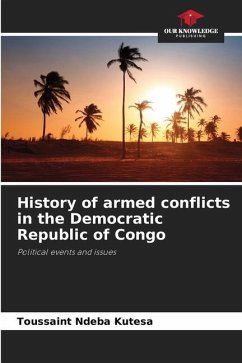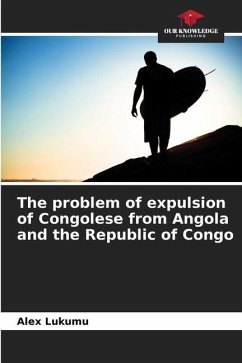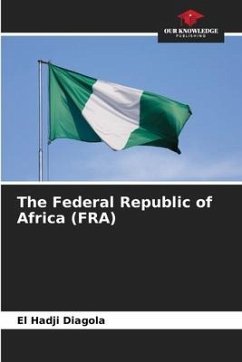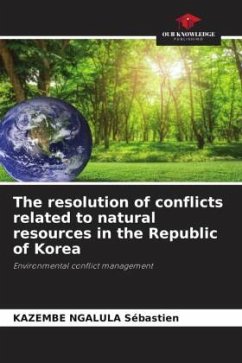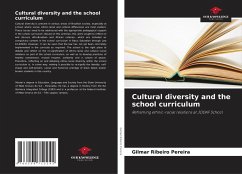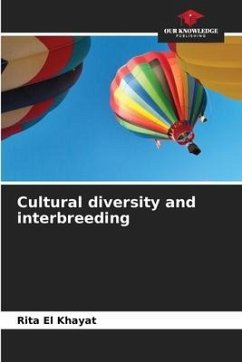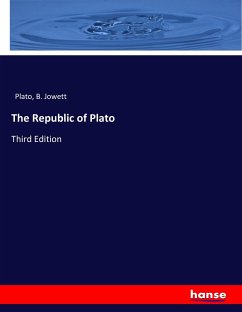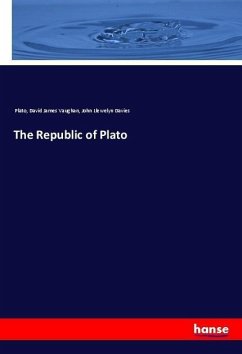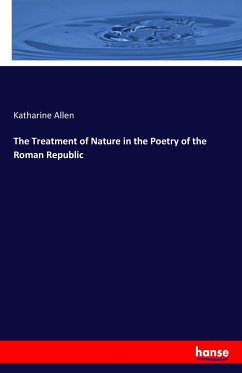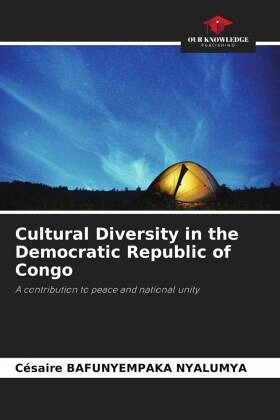
Cultural Diversity in the Democratic Republic of Congo
A contribution to peace and national unity
Versandkostenfrei!
Versandfertig in 6-10 Tagen
20,99 €
inkl. MwSt.

PAYBACK Punkte
10 °P sammeln!
In this book, we demonstrate how collective well-being, peace and national unity are at the heart of the Congolese people in their cultural diversity. This people, through unarmed resistance, has been playing an important role for more than two decades of war to say no to the "balkanization" of the country and to armed conflicts. It also wants to emancipate itself from a mode of governance that deviates from the will of the primary sovereign and this, in violation of legal texts.We started from the so-called wars of national liberation. Then came wars of occupation and systematic plundering of...
In this book, we demonstrate how collective well-being, peace and national unity are at the heart of the Congolese people in their cultural diversity. This people, through unarmed resistance, has been playing an important role for more than two decades of war to say no to the "balkanization" of the country and to armed conflicts. It also wants to emancipate itself from a mode of governance that deviates from the will of the primary sovereign and this, in violation of legal texts.We started from the so-called wars of national liberation. Then came wars of occupation and systematic plundering of national resources. At the end, wars called protective of certain communities and current wars of resistance or self-defense against the aggressors.We have identified the tribal and ethnic groups that make up the Congolese nation under customary authority. This was done in order to understand the political and legal mechanisms provided for by the Congolese Constitution to involve the different communities in the exercise of power. Finally, we analyzed the place of human rights in the current security and political situation in the Democratic Republic of Congo.



